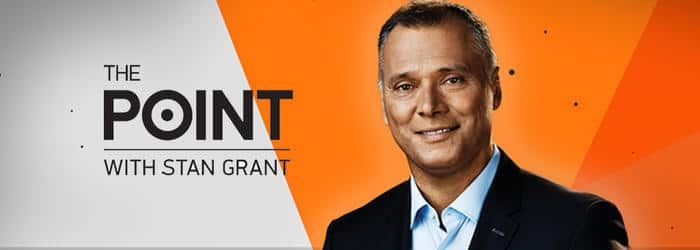"A lot of people say 'forget about the perpetrator'," says Emeritus Professor Judy Atkinson, one of the speakers at the National Batiba Guwiyal Conference in Brisbane about sexual assault prevention in Indigenous communities.
Professor Atkinson, who specialises in trauma recovery, believes Australian society should be focusing on perpetrators in addition to victims.
"It's the whole approach we need to change in Aboriginal communities to make sure we break the cycle now," she said.
"What we want to do is nip the potential for perpetration in the bud."
She says society must understand that perpetrators often learn their behavior as victims.
Professor Atkinson has been working to combat sexual assault since 1987, and in that time she has seen many adolescents sexually assault others and be violent.
But she wants communities to recognise "behaviour is a story".
'Behaviour is a story'
"Some of the most dangerous things are older children who have been harmed in some way then impact on younger children in some way," Professor Atkinson says.
A seven-year-old boy with "extremely violent behaviour" - who is a sexual assault victim and something the family does not disclose "so he will continue to engage in his violent behaviour" - will then fast track his potential to offend, and "enter the juvenile justice system."
Indigenous young people are already over-represented in prison. They comprise 5 percent of Australia’s youth population yet about 60 percent of them are behind bars.
Survivors and perpetrators can 'heal with culture'
Governments and communities can stop the vortex of abuse by carrying out rehabilitation programs, especially those rooted in culture, Professor Atkinson advises.
During the Northern Territory intervention by the Australian Government to address allegations of sexual abuse in 2007, health professionals such as doctors and nurses were deployed. "But not a workforce that could respond to the needs of the children, trauma informed people, Aboriginal people with deep cultural focuses."
She says Australia's child removal policies have disintegrated trust.
"What that did was close off the capacity for Indigenous people to talk about critical issues."
The Maori program Tiaki Tinana in New Zealand is one such program with a cultural focus in rehabilitating sexual offenders and healing survivors.
"We must do that, much more of that work.
"If we invest in education for healing, we can improve the situation."
Raising sexual abuse prevention on the agenda
Dr Anthony Dillon from the Australian Catholic University says change can happen if the issue features on the national agenda.
"It's absolutely not a focus at the moment," Dr Dillon, another speaker at the two-day conference, says. "You get other stories, and I wont name them, but social media goes crazy about them."
He reiterates the importance of igniting a national conversation around the issue.
"It's about letting people know this is no longer a discussion that happens behind the bushes."
The conference coincides with George Pell's testimony in Rome for the royal commission into sexual abuse.

Delve into the latest Indigenous news and features from NITV's agenda-setting program, The Point. Read more about NITV
Have a story or comment? Contact Us


